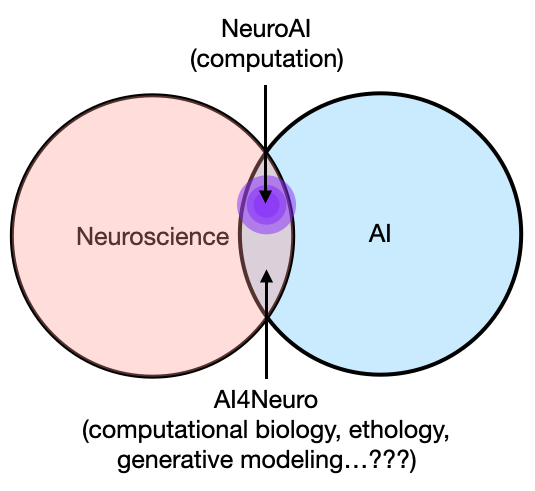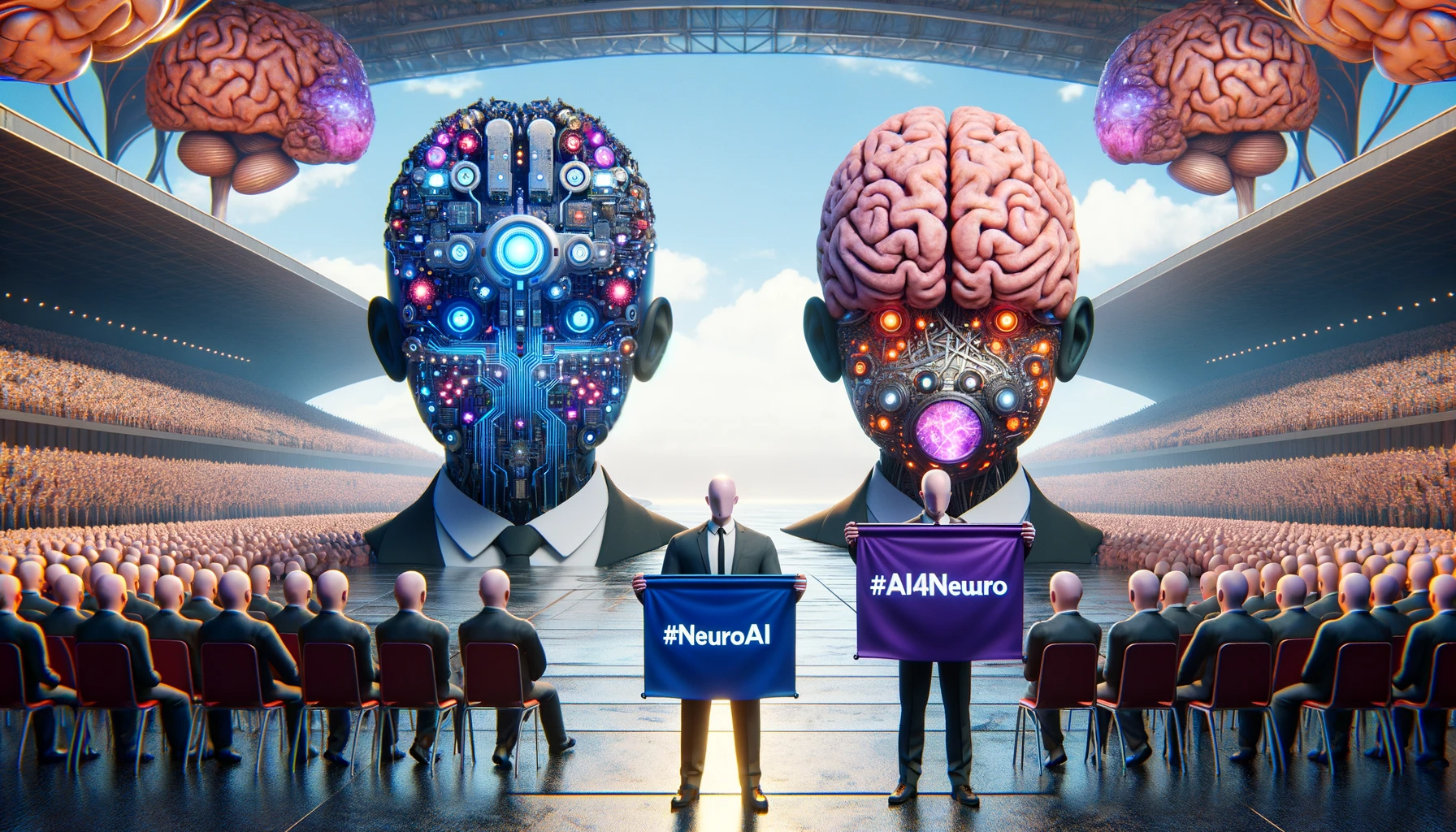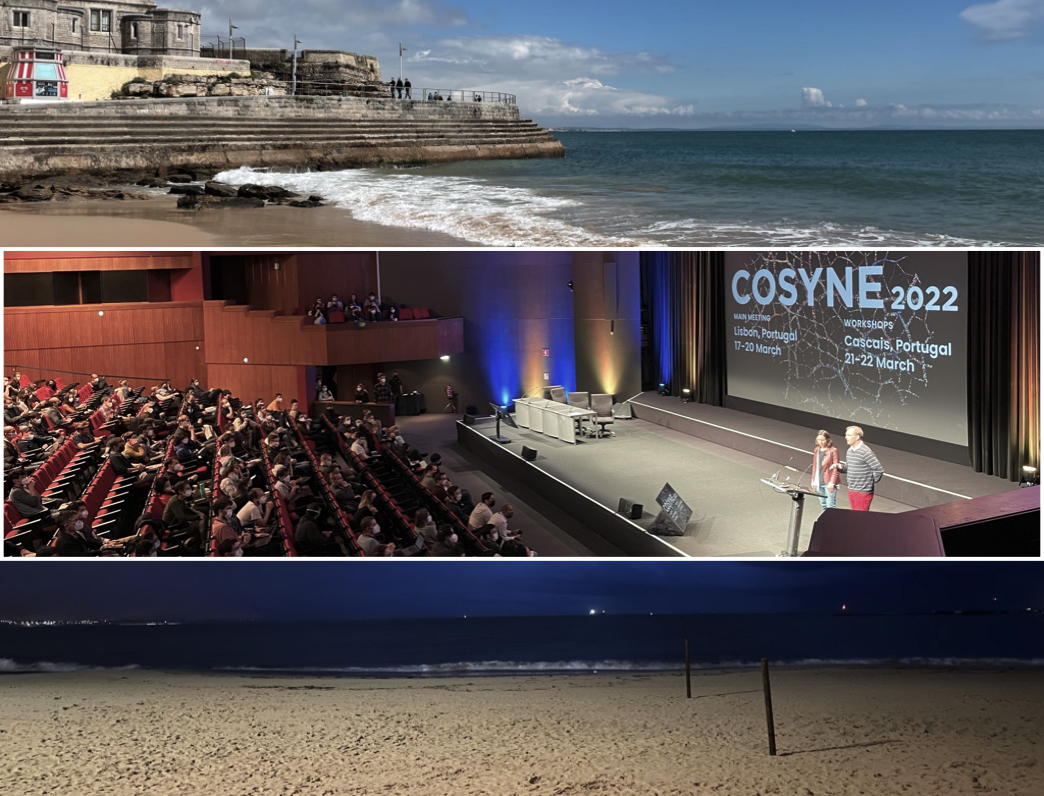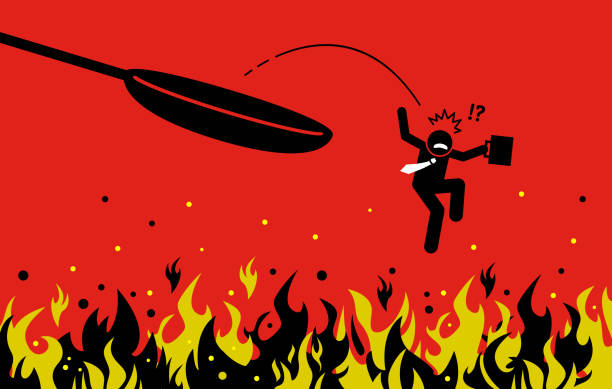Correlation neither is nor implies causation- it’s simply more useful.
Something that’s been bothering me for a while is this notion of cause and effect. On the one hand, it seems painfully obvious that causal relationships exist, e.g. the letters do not appear on the screen if I do not hit the keys. But on the other hand, how does one observe causality? What are the necessary conditions behind one event causing another?
We might say that one necessary prerequisite is that the cause precedes the effect, or, more rigorously stated, anything that can be a cause must be in the light cone of the effect. In other words, the cause must be sufficiently before the effect in order for it to be deemed causal, and the time period is determined by the spacetime coordinates of the events and, of course, the speed of light.
Surely, this is not unreasonable to ask for, at least from the perspective of physics, but what next? Is everything in the past a cause of an effect in the future? Intuition says no, the caveat being that some causes may not be very obvious, with the “butterfly effect” becoming something of a cliche. Then we might move onto a stricter criterion, let’s say, the effect cannot occur without the cause. A brief review of logical expressions on Wikipedia [1] informs me that there are then two kinds of causes: necessary causes and sufficient causes. To my understanding, necessary causes are, obviously, necessities, and all of the necessary causes combine to form a single sufficient cause, motivating the effect thereafter. Sufficient causes, on the other hand, can single-handedly enable the effect, in other words, the first sufficient cause is a necessary cause, but no particular one is a necessity. It then becomes crucial to distinguish whether a cause is necessary, sufficient, or both.
But what we’ve resolved thus far is only that there are different kinds of causes, but nothing about what a cause actually is. And how can we talk about causation without mentioning its ugly sibling, the fundamental point of confusion: correlation? Putting that aside momentarily, though, let’s delve into the problem of induction, the line of reasoning that infers future from past. This is perhaps the most crucial concept in the scientific inquiry, which ironically is not the concern of scientists, falling instead in the domains of philosophy of science. The problem of induction has been discussed by Western philosophers (the extent of my knowledge from a 200-level course) dating back to ancient Greece, sprinkled with resolutions from prominent mathematicians and scientists, but the problem still stands: any experimental observations cannot be guaranteed to apply to the future. To put it more bluntly, “causation” has no place in the future in that one cannot extrapolate “A causes B” with 100% confidence. Actually, in that sense, correlation holds just as little water in the future, protected only by the margin of error we’ve given ourselves.
Thus, we can relieve ourselves in eliminating the concerns of the future, at least for now, and simply ask: did A cause B in our past observations? In Granger’s original econometric causality paper [2], he states, or rather, defines, causality as “Y is causing X if we are better able to predict X using all available information than if the information apart from Y had been used.” In other words, since we don’t quite know what we mean by “causing”, we will just define A to be causing B if A’s past correlates with B’s present (or future, as observed in the past). This can be quite rigorously measured, and extends naturally into intuitively causal relationships, such as the fingers hitting the keyboard. The crucial insight here is that, Y’s past is a better predictor of X’s future than X’s past itself, given all available information. In a way, Y can be thought of as an orthogonal linear basis in the causal space of X, along with many others, hidden and visible. Indeed, imagine letters appearing on the screen: no other variable correlates with the appearance of a specific letter on the screen better than the pressing of a specific key, other than perhaps the command signals residing in our nervous system. Additionally, Granger adds the qualifier that for non-stationary processes, the existence of causality may not be constant over time. On the one hand, this is quite a reasonable statement in itself, given the metric defined, as well as the unpredictable nature of non-stationary processes. On the other hand, though, it does nothing for our intuition, as the question remains still: how is A causing B if A only causes B sometimes?
I will conclude the referenced discussion here, with the disclaimer that Granger intended this type of causality to be only applicable in economics [2], and perhaps other social (read:vague) sciences. I’m confident that I will revisit this discussion in due time, likely after absorbing more of the historical discussions that have preceded me. As for now, I am satisfied with the separation of causality in philosophical terms versus in scientific terms, borrowing from Granger’s Causality. I think we can all agree that correlation is necessary for causation and that, as discussed above, strong correlation in the face of all available information is as good as causation. But as a reasoning human being, it’s been hard to reconcile this lack of causation with my linear line of reasoning- if A then B. Although, it seems that scientists and successful thinkers alike have become extremely proficient at forgoing this notion of cause and effect, which may or may not turn out to be fool’s gold. Instead, the pragmatic focuses on maximizing certainty in correlations, and leaves the absolute to the philosophers.
[1] Wikipedia contributors. Necessity and sufficiency. Wikipedia, The Free
Encyclopedia. April 25, 2014, 02:53 UTC. Available at:
http://en.wikipedia.org/w/index.php?title=Necessity_and_sufficiency&oldid=605695523.
Accessed May 18, 2014.
[2] Granger, C. W. J. (1969). “Investigating Causal Relations by Econometric
Models and Cross-spectral Methods”. Econometrica 37 (3): 424–438.
doi
:10.2307/1912791.
JSTOR
1912791
[3] Wikipedia contributors. Granger causality. Wikipedia, The Free
Encyclopedia. April 2, 2014, 05:39 UTC. Available at:
http://en.wikipedia.org/w/index.php?title=Granger_causality&oldid=602374976.
Accessed May 18, 2014.




